Legal situation of CBD and THC in Germany
Is cannabidiol (CBD) legal in Germany? This question concerns many people who want to use the benefits of CBD as a dietary supplement or to relieve symptoms of illness. In this article we take a look at the legal aspects of CBD in Germany to provide clarity.
The legal situation of CBD in Germany is subject to constant change. CBD is currently legal as a single substance and is not subject to the Narcotics Act. Products with a THC content of up to 0.2 percent are legal. However, questions remain about the legality of unprocessed CBD products such as flower, even though legalization is on the horizon.
What is CBD and how does it work?
CBD or cannabidiol is obtained from the hemp plant and belongs to the group of cannabinoids. Unlike THC, CBD is not psychoactive but has potential medical uses. Its anti-inflammatory, antibacterial, anti-epileptic and anti-anxiety properties are promising. Despite the recognized benefits, further research is needed to understand the exact mechanisms and effects in different contexts.
Legal basis in Germany
The legal landscape for CBD in Germany is complex and is subject to various laws:
- Narcotics Act (BtMG): CBD as a single substance is legal, but dietary supplements may not be advertised with certain statements.
- Novel Food Regulation: Products with CBD require EU-wide approval as a novel food and there are uncertainties about the exact regulations.
- Medicines Act (AMG): Medicines containing CBD may only be dispensed with a doctor's prescription. CBD is available in pharmacies as a non-prescription prescription medicine.
It is important to emphasize that the exact classification and regulation of CBD products is still under debate and subject to change.
Processed CBD products and their legality
Processed CBD products are legal because, unlike THC, CBD has no psychoactive effects. However, some CBD products are classified as unapproved novel foods and are not allowed to be sold. The rapidly changing legal situation requires regular updates to stay up to date.
Criminal law risks of unprocessed CBD
Unprocessed CBD can result in criminal penalties, especially in the event of violations of the Narcotics Act. Possession, trafficking or importation of cannabis in large quantities can be punished with imprisonment or a fine. It is important that CBD products are only legal if their THC content is no more than 0.2 percent.
Conclusion: Legality and precautions when purchasing CBD
In summary, CBD products are generally legal in Germany, but there are restrictions. CBD in processed form is allowed, while unprocessed products like flower are still in legal limbo. The legal situation is complex and constantly changing. Dealers and consumers should be careful and regularly inform themselves about current developments in order to avoid legal problems.
Legalization of hemp in Germany
There is currently controversial discussion in Germany about the possible legalization of cannabis. In its coalition agreement, the traffic light coalition has stated its intention to introduce the “controlled supply of cannabis to adults for recreational purposes in licensed shops”. Although a draft law is available, implementation will take place later than originally planned.
Hemp variants: industrial hemp vs. medical hemp
The distinction between industrial hemp and medical hemp is crucial to understanding the cannabis landscape. While industrial hemp focuses on commercial use and is used to produce CBD oils, medical cannabis emphasizes the full spectrum of the plant and often results in psychoactive effects that are subject to narcotics law.
Medical cannabis
Prescription medical cannabis in the form of drops, tea or flowers usually exceeds the legally permitted THC content, making these products psychoactive and falling under the Narcotics Act. The use of medical cannabis is permitted in limited cases under medical supervision.
Industrial hemp as a legal alternative
Industrial hemp, also known as fiber hemp, is characterized by a low THC and a higher CBD content and is legally secure if it is listed in the EU variety catalog for agricultural plant species. In addition to its legality, industrial hemp is ideal for organic cultivation and is considered a sustainable resource of the future.
Delays and uncertainty
The legalization schedule originally planned for the turn of the year 2023/2024 has suffered a setback. Health Minister Karl Lauterbach and Federal Agriculture Minister Cem Özdemir presented the key points of the planned cannabis legalization on which the adopted draft law is based at a press conference in April 2023.
Two-pillar model and planned regulations
Cannabis legalization in Germany is based on a "two-pillar model" with which the black market is to be combated and drug-related crime is to be reduced. On the one hand, the controlled sale of cannabis to adults aged 18 and over takes place in licensed shops including pharmacies. At the same time Legal home cultivation of up to three cannabis plants is permitted.
Strict regulations for young adults, a reduction in sales distances and the establishment of "protection zones" to regulate consumption near certain establishments are among the planned framework conditions.
Timing of implementation and evaluation of the law
The implementation of cannabis legalization in Germany is now expected for April 1, 2024. From this point on, home cultivation and the possession of certain quantities should be permitted for adults. According to proposed changes by the traffic light coalition, the establishment of cannabis clubs for joint cultivation should only be possible from July 1st.
The federal government plans to evaluate the law after two years and present a final report after four years. Stricter rules for marketing and sponsorship of cannabis, alcohol and nicotine will also be introduced during this period. Increased education, especially for children, young people and pregnant women, is also sought.
EU legal challenges and concerns
Despite this progress, there are legal concerns about the legalization of cannabis in Germany. Experts point out that this could violate EU law. The 2004 EU Framework Decision requires member states to criminalize certain drug-related activities. So far, the EU has tolerated cannabis consumption in other member states, but it remains to be seen whether this also applies to Germany.
Conclusion and outlook
The legalization of cannabis in Germany faces challenges, but planned regulations that emphasize safety and control could usher in an important shift in the country's drug policy. The promised regular evaluation of the law and the adjustment of the regulations show the government's willingness to react flexibly to developments.
It remains to be seen whether the EU's legal concerns can be addressed and how the legalization of cannabis will affect German society. However, Germany is on the threshold of a new era in dealing with cannabis.
---
*As of December 2023


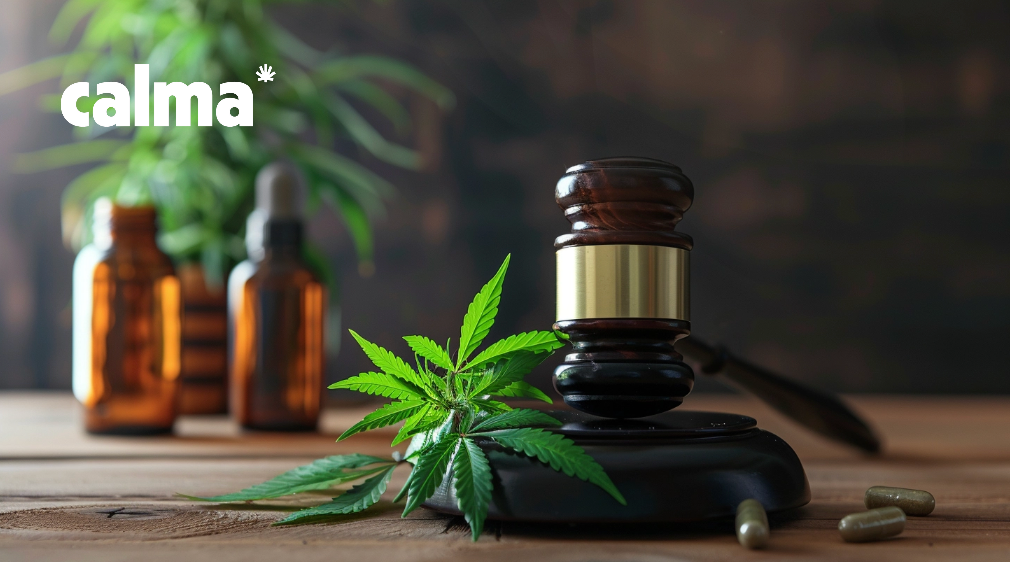



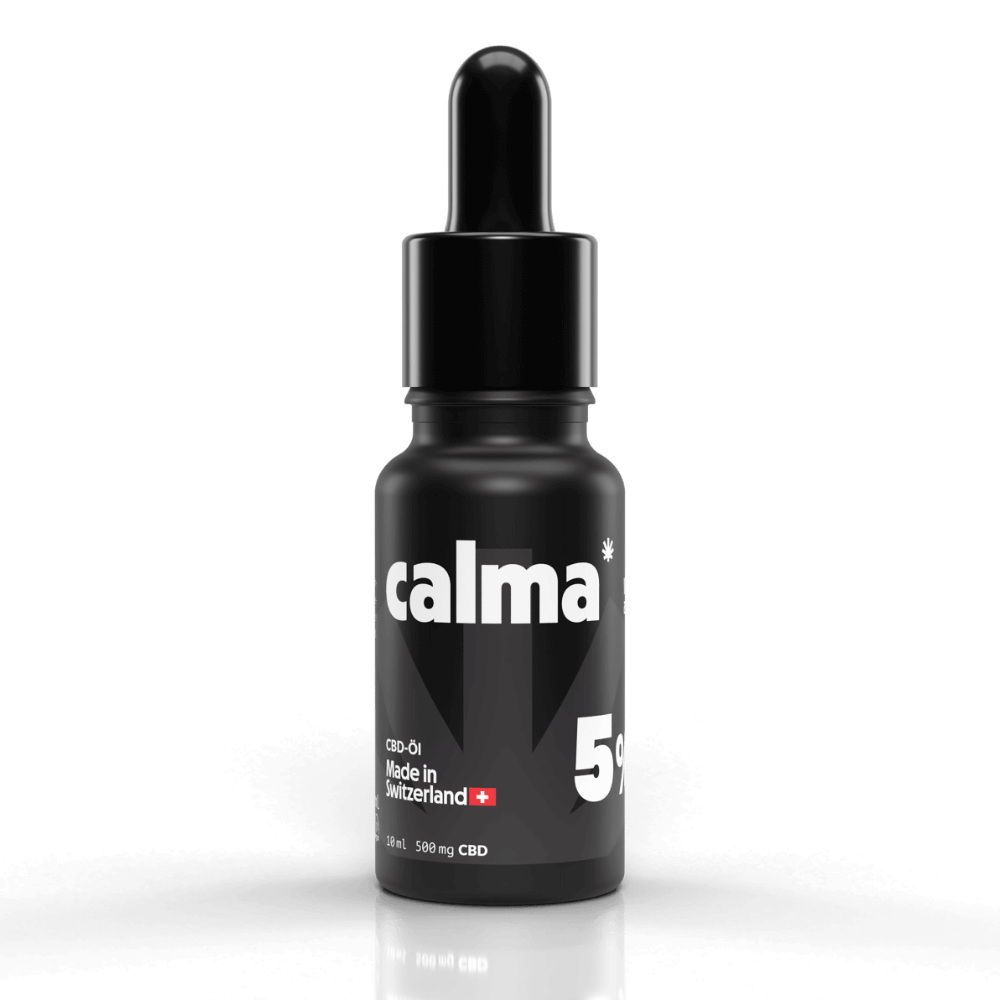
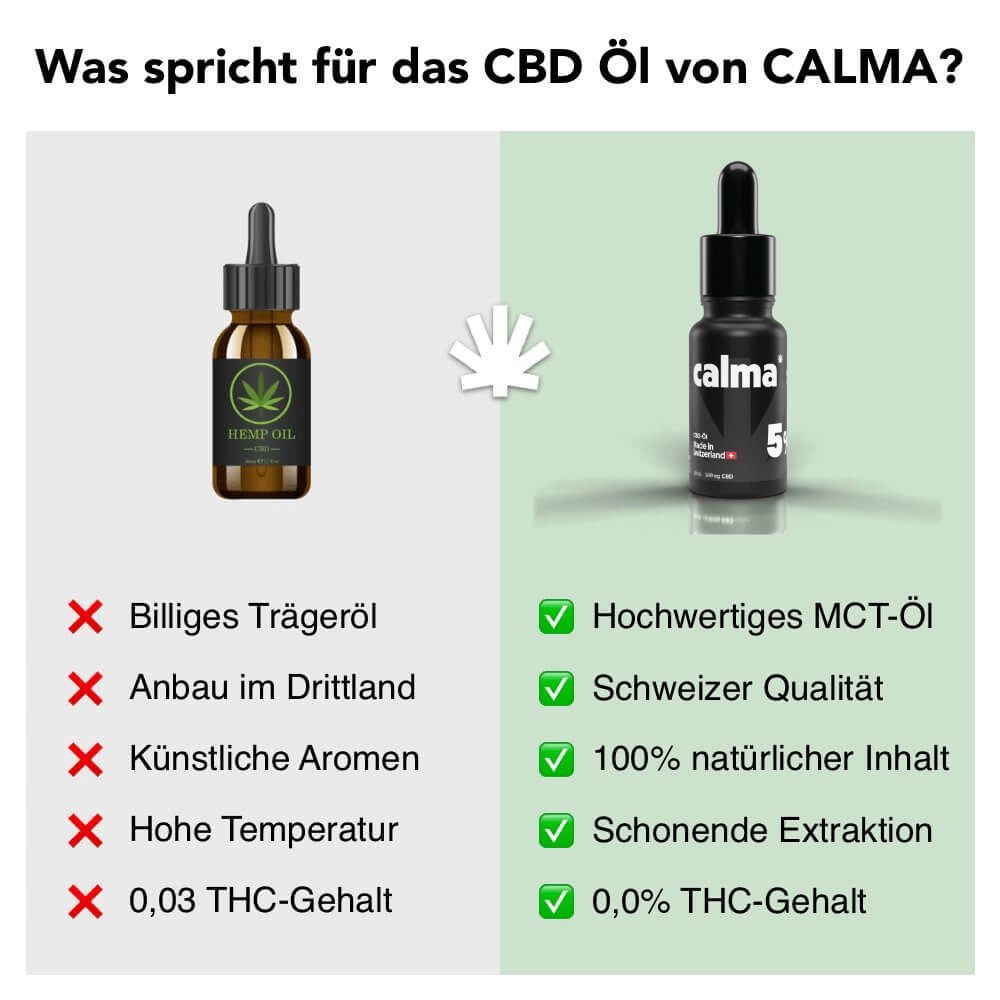

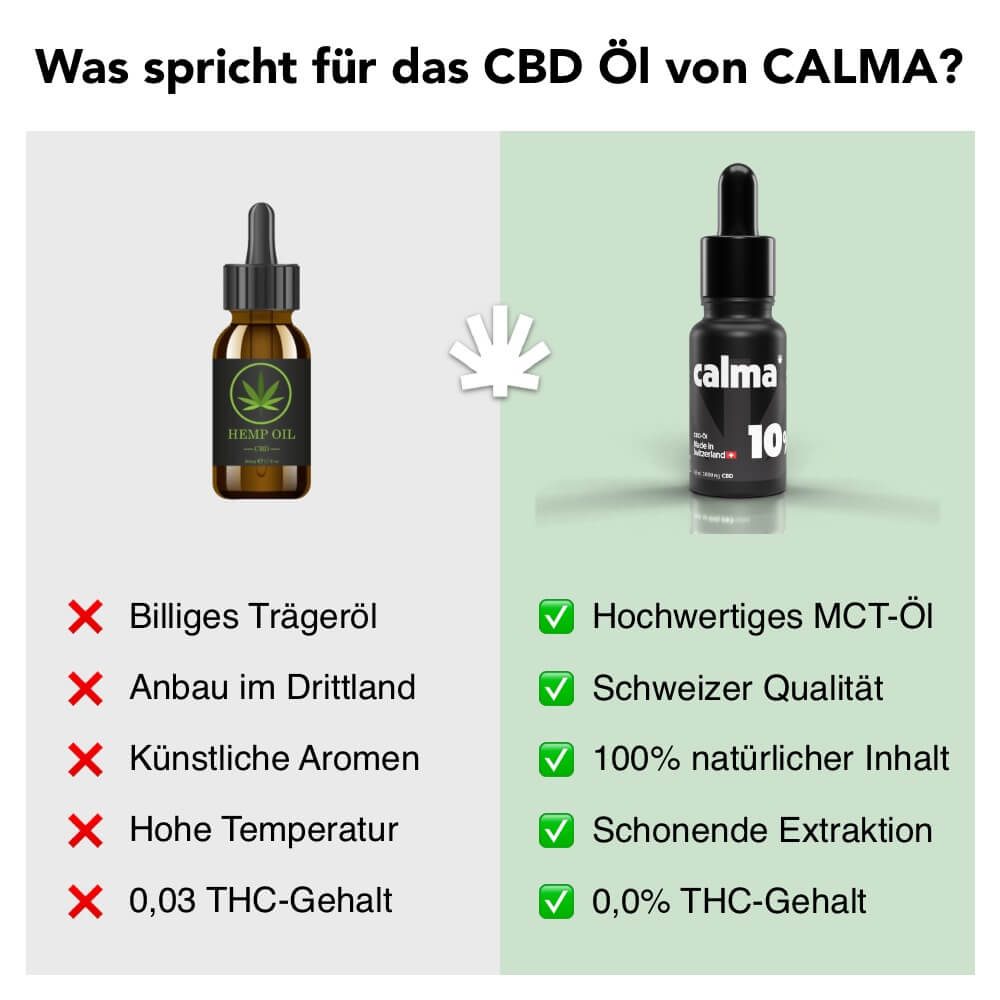

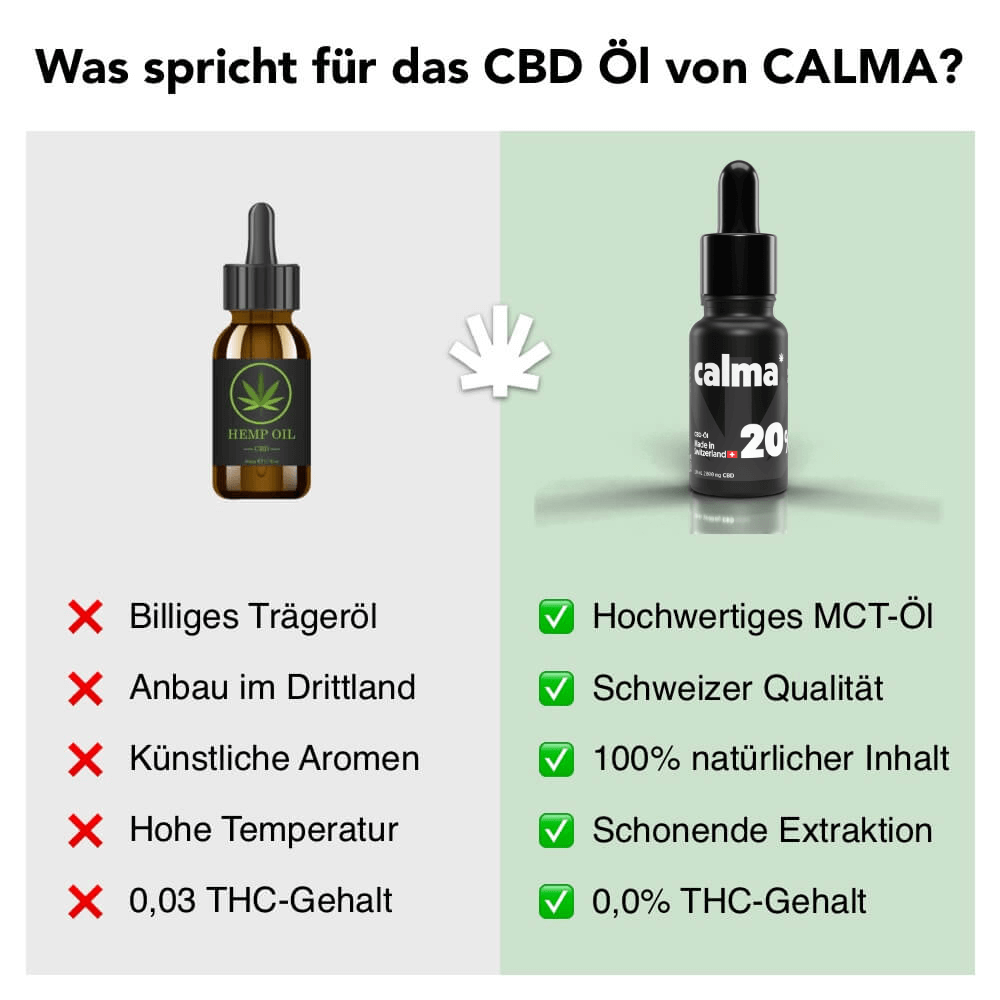

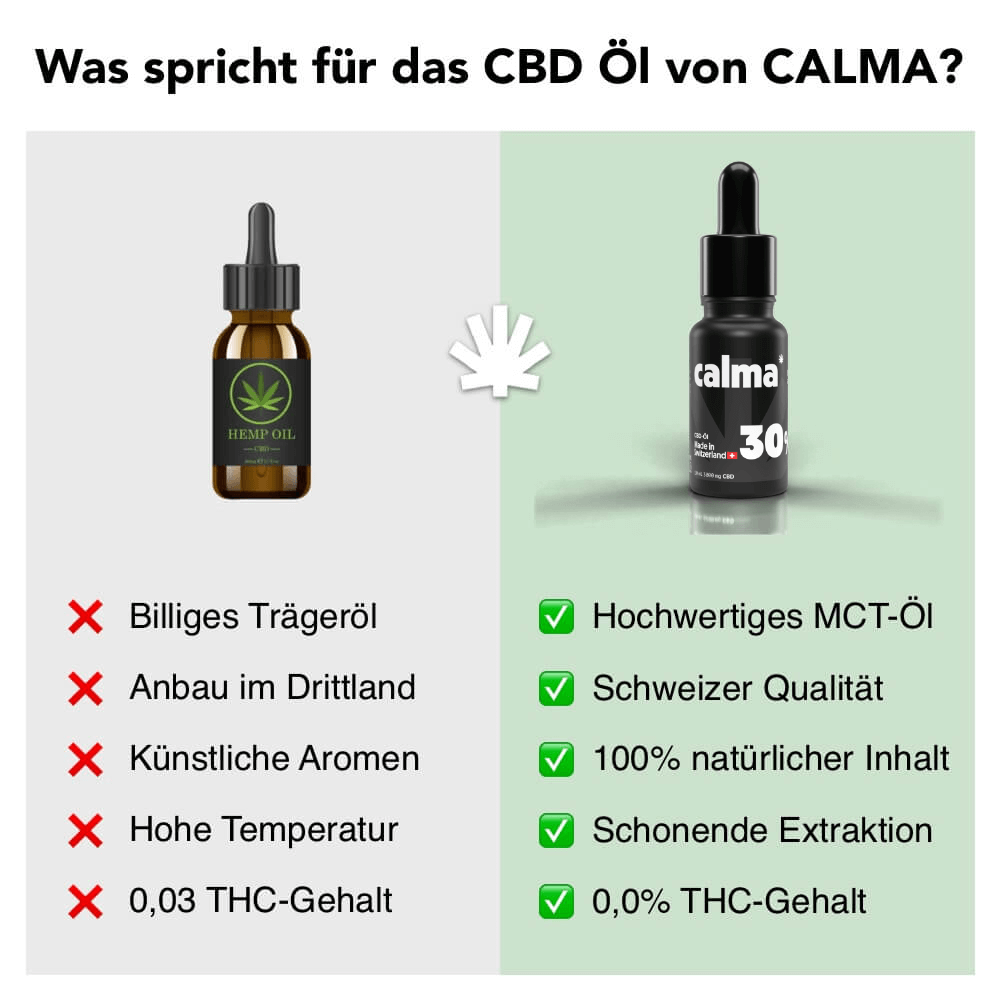

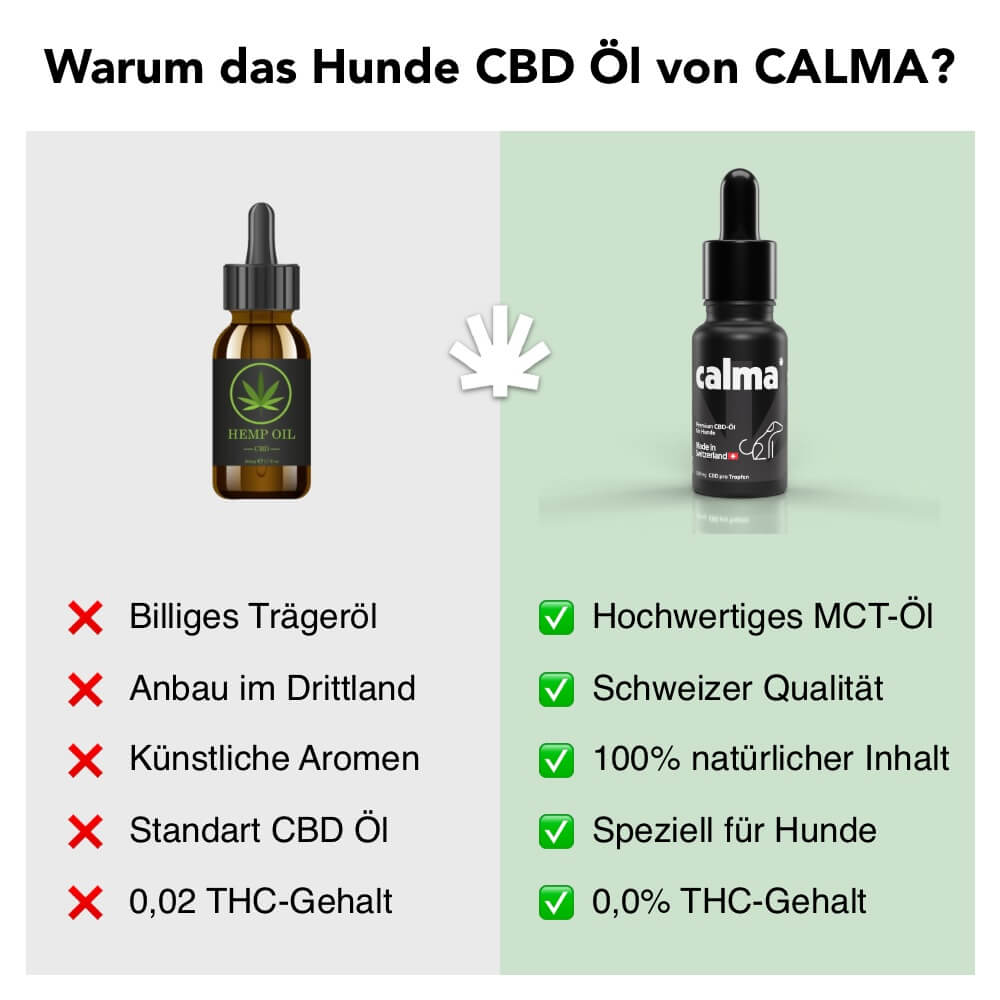

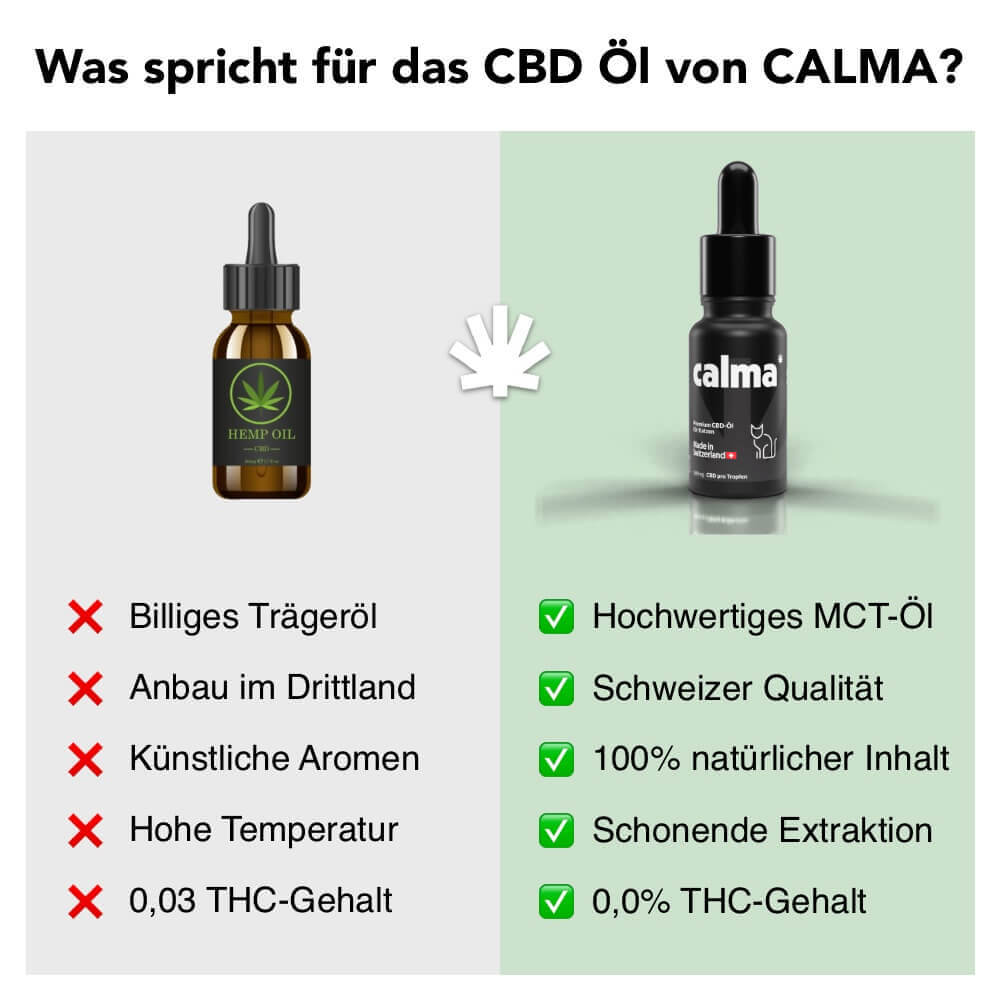
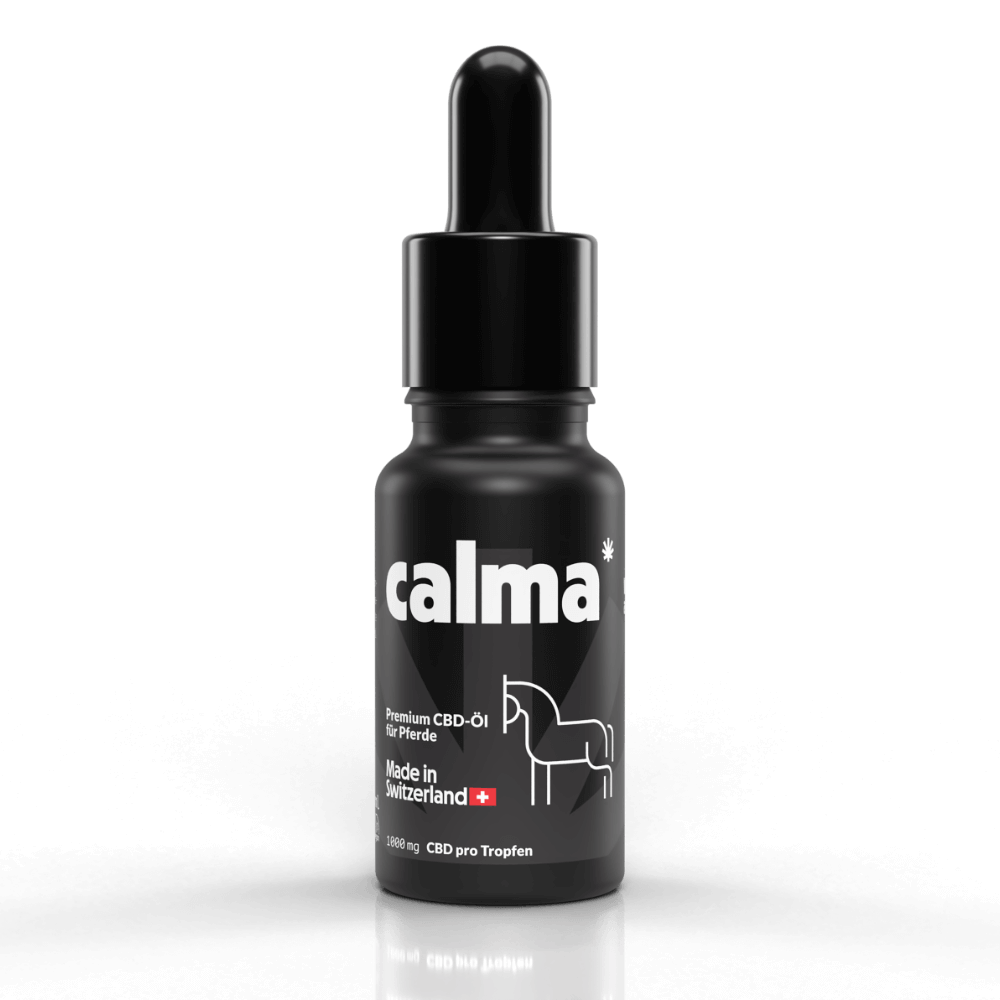
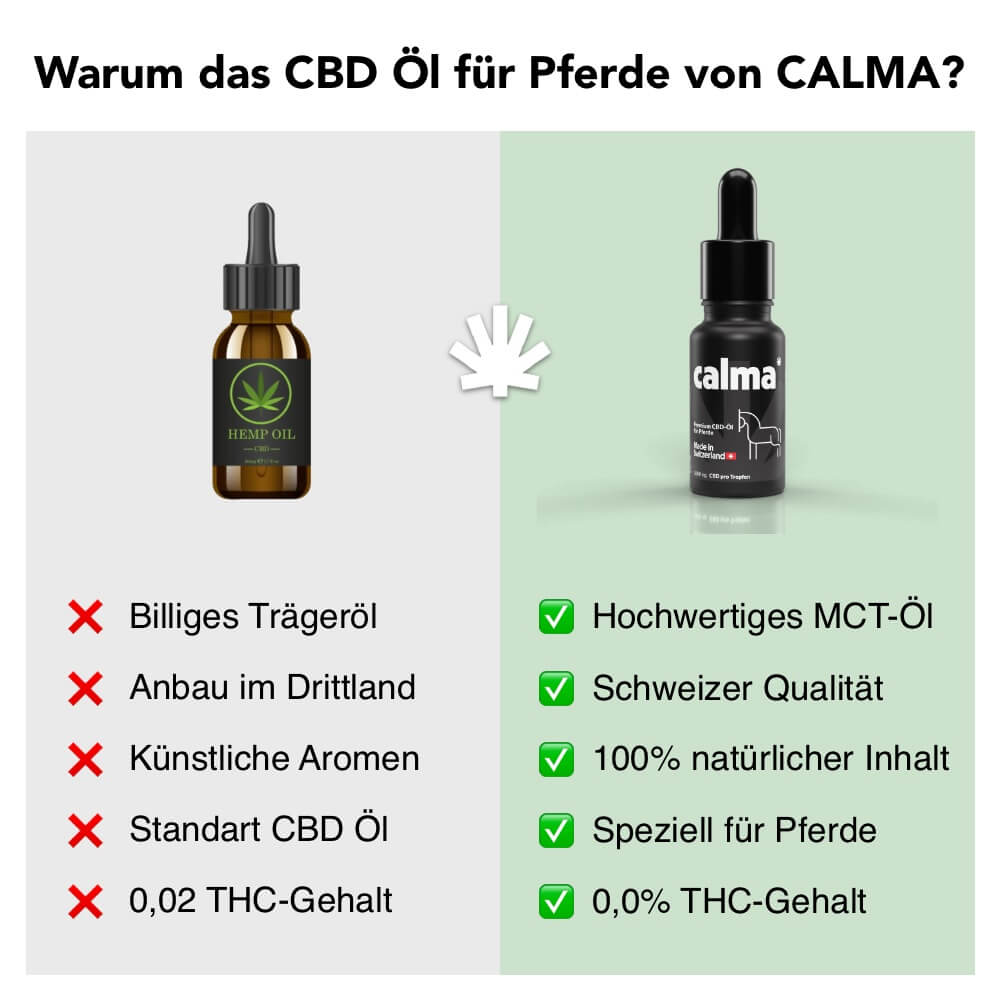
Leave a comment
All comments are moderated before being published.
This site is protected by hCaptcha and the hCaptcha Privacy Policy and Terms of Service apply.